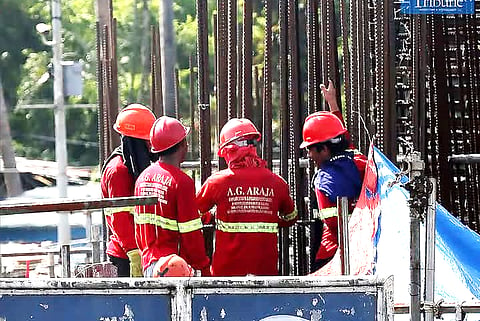
- NEWS
- the EDIT
- COMMENTARY
- BUSINESS
- LIFE
- SHOW
- ACTION
- GLOBAL GOALS
- SNAPS
- DYARYO TIRADA
- MORE

Every 1 May, Filipinos commemorate Labor Day — a moment to honor the sacrifices and achievements of the working class. But in recent years, the significance of this day has been clouded by persistent labor woes, particularly contractualization, low wages and unsafe working conditions. For many workers, it has become less a celebration and more a reminder of promises unfulfilled.
Contractualization, or “endo” (end of contract), continues to be a central grievance. Despite repeated vows from politicians to abolish this exploitative system, many workers remain trapped in cycles of short-term employment with no job security, benefits, or path to regularization.
Labor groups have long argued that this violates workers’ rights and undermines the dignity of labor. Yet, loopholes in labor laws and weak enforcement allow the practice to persist across industries — from malls and manufacturing to logistics and services.
Moreover, the daily minimum wage remains insufficient in most regions to meet the rising cost of living. Inflation, coupled with stagnant wages, has left many workers struggling to make ends meet, forcing them to take multiple jobs or leave the country in search of better opportunities.
The relevance of Labor Day lies not only in remembrance but also in resistance. It remains a powerful platform for workers to voice their demands, rally for better conditions, and hold the government accountable. While parades and official statements abound, the real spirit of Labor Day is in the streets — where the cries for justice echo louder than the speeches.
Until meaningful reforms are enacted and workers’ rights are genuinely upheld, Labor Day will remain both a celebration of resilience and a painful reminder of the long road to labor justice in the Philippines.
